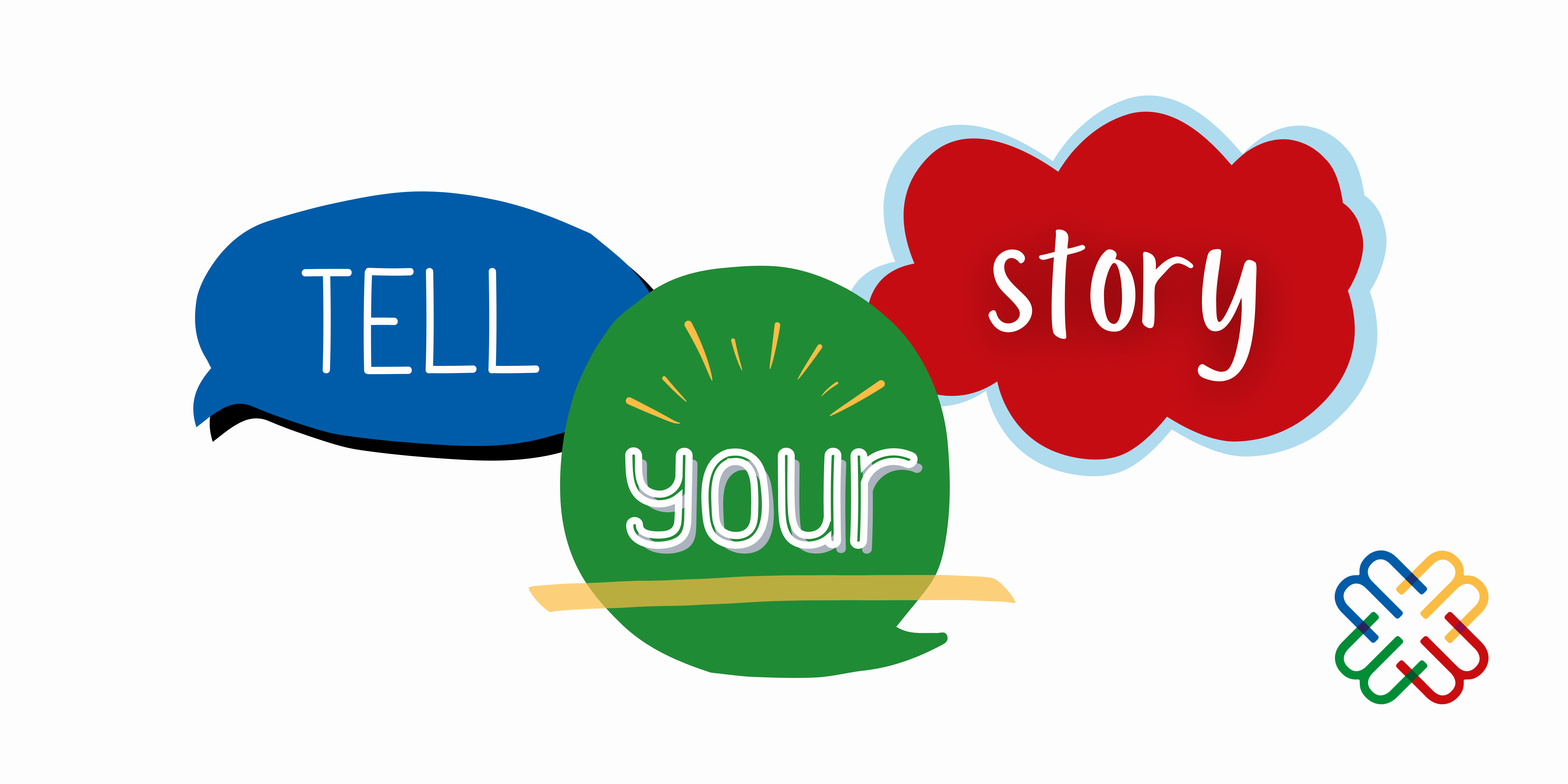Want to reach your audience? Focus on the “critical moment” of your personal stories
by Russell Bekins
Personal stories are key evidence points when presenting, mostly because they are so difficult to deny or refute; they are your testimony. From court cases to presentations to job interviews, they have the power to sway our audience – if you can tell them well. Finding the “critical moment” in your story – that moment where everything changed – can provide a pivot point around which to build your personal stories.
Recently I taught a course in presenting at the Bologna campus of Johns Hopkins University. These Paul Nitze School of Advanced International Studies graduate students all have one thing in common: concern for the future of our planet and the menace of global climate change. I set out a challenge for them: make their “call to action” at the end of their speeches something doable for their audience. Interestingly, most of them included their personal anecdotes and experiences as evidence points, with mixed results.
Why is hard to tell your personal story well?
There are several reasons for this. Modesty, fear of exposing oneself, and failure to mine or interpret our experiences for the richness of detail that allows us to identify with the teller. Mostly, however, it involves a mishandling of some element of story structure. A well-told story involves struggle and transformation, and most of my students can get this right. Finding the critical moment, however, is often difficult, because it’s often not easy to find that clear incident where things changed for better or worse.
Mining our own personal experience is hard
One of my students described a way to avoid logging in the Amazon by developing more sustainable products from the intact forest. He began with a brief visualization exercise of rainforest, then spoke articulately about the research he had done into a particular plant that could yield more per hectare than logging, and then mentioned briefly that he had been to the Amazon himself. When I pressed him, he admitted that he was out of his element there (as most of us would be). If he had started with his personal sense of alienation and a deep description of what he experienced, it would have heightened his audience’s sense of wonder about the Amazon. In the process, he would have sold us on his sustainable vision for the rainforest economy.
Similarly, another speaker focused on reducing meat consumption as a gesture that each of us can do in order to reduce our carbon footprint. He spoke about his two-stage conversion to vegetarian and then vegan, but his motivations at each stage were unclear. He spoke about a documentary film that convinced him but failed to go into sufficient detail to get us to understand just what he had seen in the film that convinced him. If he had gone back and looked at his emotional response to some of the scenes and been able to describe or show them, well, perhaps we would be vegans now.
In sum, mining our personal experience is hard because we don’t want to relive our negative emotions – but it is often rewarding and gives surprising results.
Modesty can prevent us from telling a strong story
Most of us will smell something fishy when someone begins talking about how great they are. Our fear of appearing a braggart will sometimes get in the way of telling a good story. We also tend to diminish our personal experience, not seeing it as relevant or important to the larger issue. This often gets in our way as we attempt to explore our past.
One of my students, a Jordanian, learned to love the world of corals and fishes diving in the Red Sea. She mentioned it in passing but could have gone deeper into this, her personal story, to give her message some personal moral authority. Another of my students spoke about how much excess, unsustainable waste there is in hospitals, especially in operating theatres. Modesty kept her from telling her fellow students that she was a doctor, however. as a consequence, she underplayed this critical element that could have given her speech a much stronger sense of her expertise.
Let’s be clear. These are both important messages and deserve a full hearing from us, the listening public. They are more important than our personal modesty. If you’re worried about appearing like a stuffed shirt, there are plenty of ways to balance our message with humour, self-deprecating remarks, and putting your experience in a larger context.
Focus on what moved or changed you
Never underestimate the power of your personal stories and do not be afraid to use them. How we change is difficult to reconstruct, and the process of mining our past is by turns confusing, tedious, and painful. We may feel that life is messy and does not conform easily to story structure, but by focusing on the critical moment – often an emotion or realization that changed our lives – your stories will find their structure and tell themselves.
And your audience will be moved.
Russell Bekins is a Public Speaking coach and MBA professor based in Bologna Italy. Russell on LinkedIn

